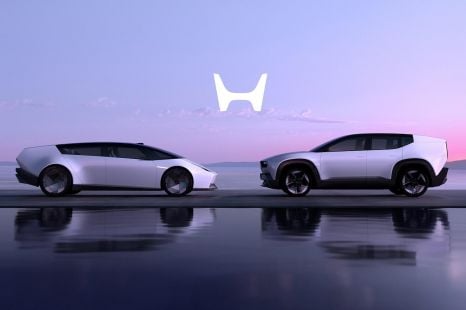

Derek Fung
Honda revises EV strategy after posting fourth straight quarterly loss
2 Hours Ago
The Australian Government will introduce revised emissions regulations to parliament, with key concessions made to carmakers.

News Editor
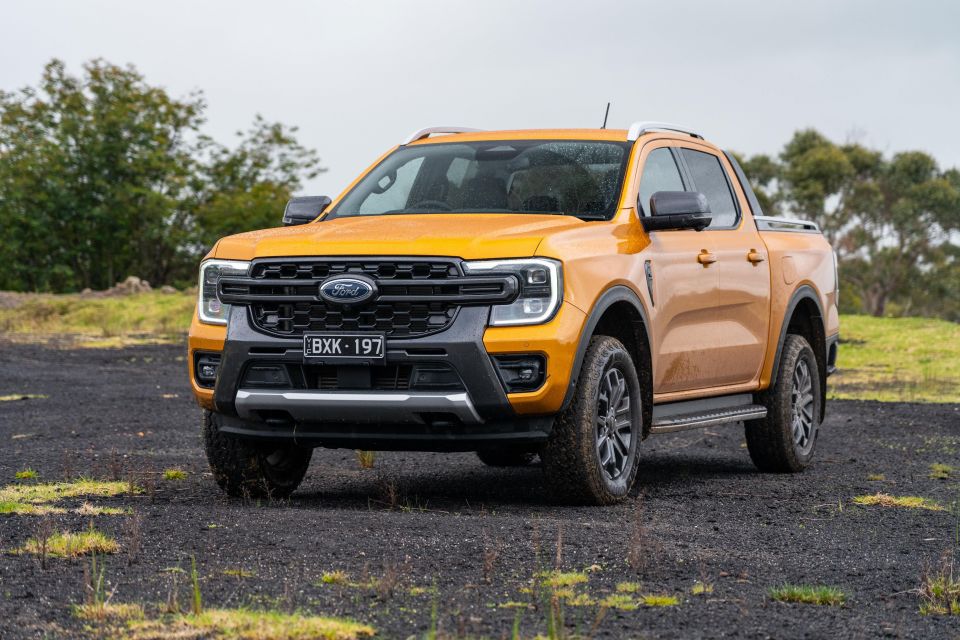

News Editor
The Australian Government has made key concessions to its proposed New Vehicle Efficiency Standard (NVES) to try and assure its passage through Parliament.
Climate Change and Energy Minister Chris Bowen and Transport Minister Catherine King announced the changes today, joined by representatives of Toyota, Tesla, Hyundai, the Motor Trades Association of Australia, the Electric Vehicle Council, and the Australian Automotive Dealer Association.
The legislation will be introduced in Parliament tomorrow, with the scheme intended to come into effect on January 1, 2025 – though penalties won’t come into effect on July 1, 2025.
The Government has also announced $60 million in support to car dealers for charging infrastructure under its Driving the Nation fund.
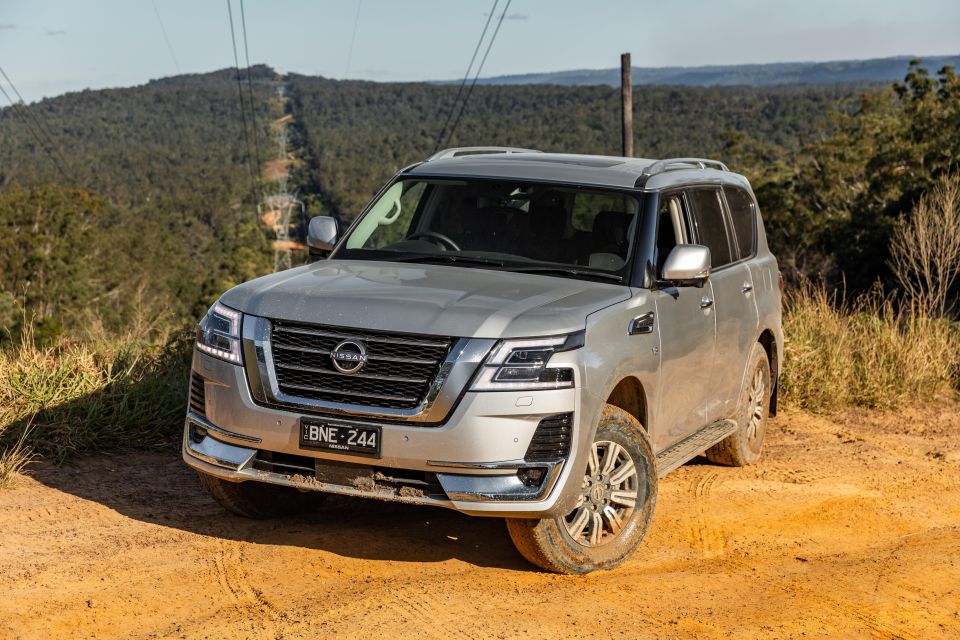
It has indicated it will make the following changes to its proposed emissions regulations:
The Government also will adjust the weight-based relative emissions limits, known as the break point, recognising that heavier vehicles emit more.
It says the revised NVES will reduce passenger vehicle emissions by more than 60 per cent by 2030, and “roughly halve” the emissions of new light commercial vehicles over the same period.
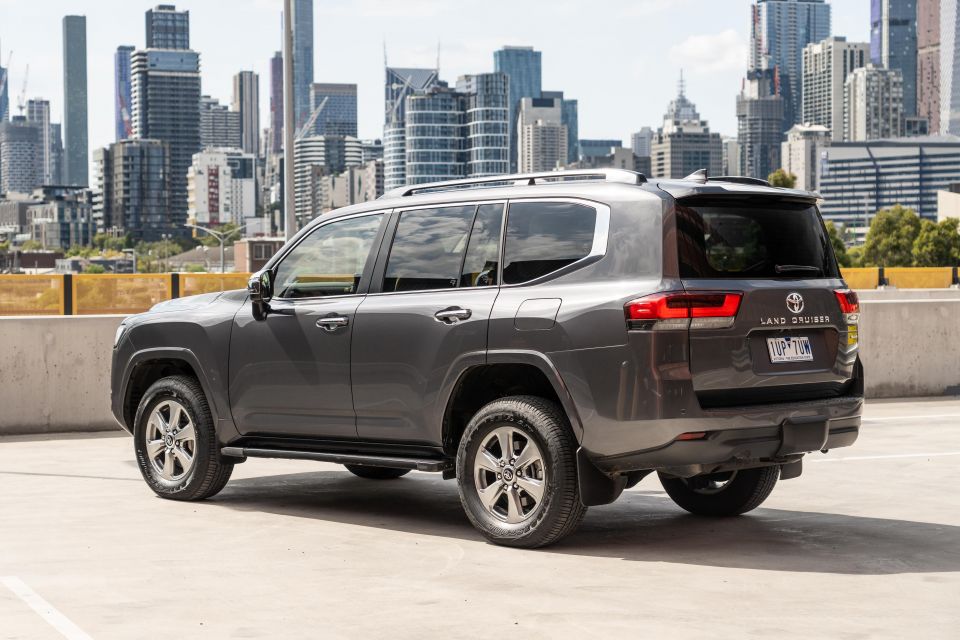
Ms King said the Government had responded to “practical suggestions”, while Mr Bowen rejected the idea of setting electric vehicle sales targets despite saying their sales continue to grow.
“That’s up to Australian motorists. We’re not providing a target or a mandate,” he said. “I believe in choices.”
Mr Bowen said the changes were a result of successful consultation with the industry and lobby groups.
“Not everybody here has gotten what they’ve asked for,” he said.
“Some wanted us to go harder and faster, some had concerns and wanted us to slow, but everybody here has had a say, everybody here has had genuine concerns taken on board, and everyone today recognises that Australia can now move on, implement these standards, and Australian motorists can get access to these standards.”
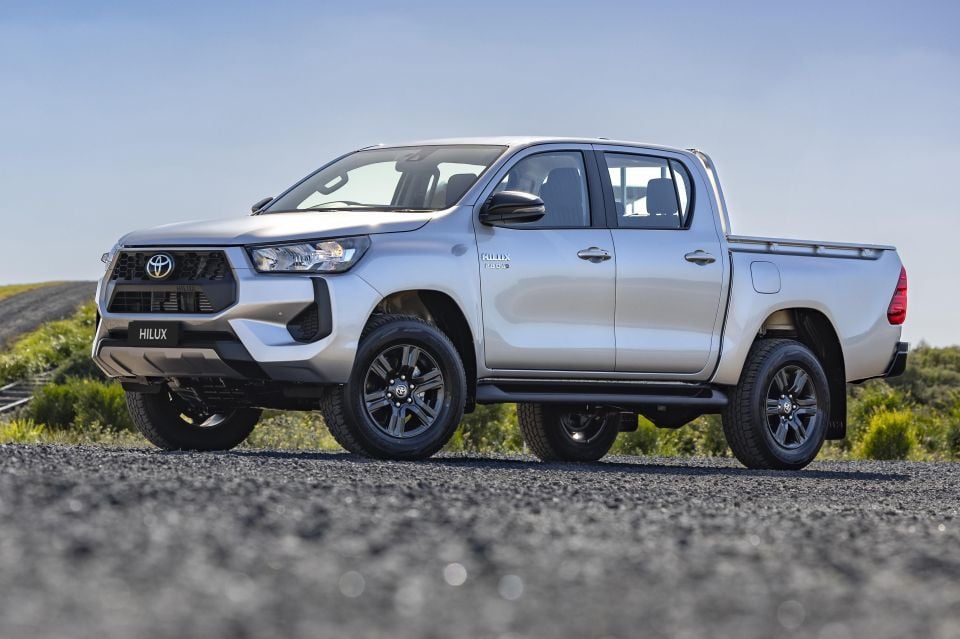
“We support the government in the amendments that have been made,” said Toyota Australia president and CEO Matthew Callachor in a press conference.
“But we shouldn’t be under illusions that there still remains a very big challenge in achieving these ambitious numbers.
“Our aim is to work our way through this.”
In response to a question about whether the NVES is a “ute tax” – a line the Coalition Opposition has used against it – Mr Callachor said, “No, the actual policy is directed at reducing overall emissions in the economy.”

The Greens had previously indicated they wouldn’t support NVES legislation if Labor made a deal on offshore gas project approvals with the Coalition, but party leader Adam Bandt said yesterday “we’ll see” when it comes to the vote.
“I would think it would be surprising if the Greens stood in the way of what is important climate-related legislation as well as legislation that’s going to create choices for Australians,” said Mr Bowen today.
Opposition Leader Peter Dutton has said he won’t even support a watered-down version of the NVES, saying the Coalition “will not be Labor-lite” and support legislation that “castigates Australians who are making purchasing decisions for whatever reason they may have them”.
The Coalition has called the NVES a “direct hit on popular models that Australians love to drive” and a “family car and ute tax”, claiming it will drive up the prices of popular vehicles.

“The Federal Chamber of Automotive Industries (FCAI) welcomes today’s changes by the Albanese Government on the New Vehicle Efficiency Standards (NVES) and recognises it as a step in the right direction,” said the peak body for car brands in Australia in a statement.
“However, we continue to have concerns about the impending challenges facing industry and motorists.
“The FCAI will review the draft legislation in detail to understand the impact to the industry and to consumers.
“We call on the Government to release the full legislation and modelling that forms the basis for their policy.”
MORE: All our coverage on the New Vehicle Efficiency Standard (NVES)
William Stopford is an automotive journalist with a passion for mainstream cars, automotive history and overseas auto markets.


Derek Fung
2 Hours Ago
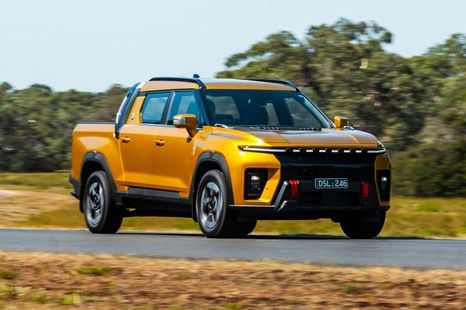

Ben Zachariah
9 Hours Ago


James Wong
9 Hours Ago


James Wong
9 Hours Ago


James Wong
9 Hours Ago
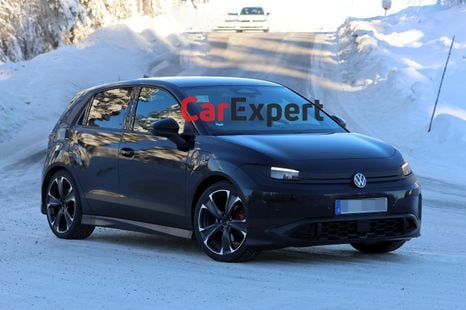

Damion Smy
15 Hours Ago
Add CarExpert as a Preferred Source on Google so your search results prioritise writing by actual experts, not AI.